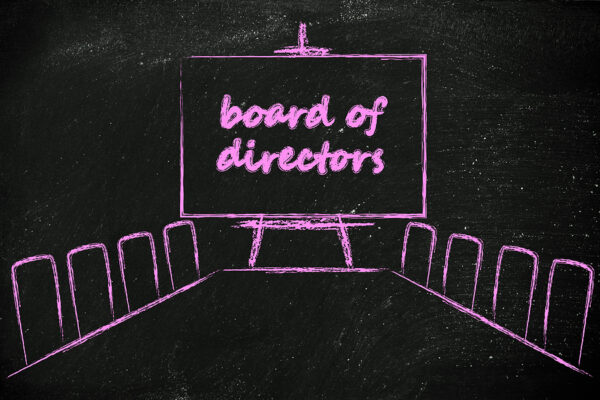It’s called ‘public service’ but those who regularly battle their way through bureaucratic mazes in search of simple customer-centric solutions might question whether they’re being treated as customers or as the hapless victims of monopoly provider.
Central or local government often lags well behind best practice customer service in the private sector but even monopolies have lot to lose if they’d don’t keep customers happy, warns Greg Pellegrino – consulting partner with Deloitte and recognised US expert on innovation and strategies for improving citizen service and mission performance.
There’s the whole cost-efficient aspect of giving the citizen/customer what they want or need the first time around.
“Often customer service is thought of as some sort of enhancement that costs more to do, but when you look at best practice around the world, great public service tends to cost less because transactions are completed quicker, there’s less interaction because there’s fewer failed or repeat transactions and the citizen or consumer of that service gets it done right the first time.”
A high first call failure rate – when those phoning an organisation’s call centre fail to get all the information they want – can double or even triple demand on limited resources in the public workforce.
“So that notion of first-call resolution is not just phone metaphor but has to do with giving citizens what they want the first time and getting it done in an efficient way.”
For people whose expectations of customer service are calibrated to private sector standards, frustrations with the gap between that and public service offerings create negative perceptions of government in general and that can have wide-reaching effects, says Pellegrino. While the citizen/customer can’t choose another service supplier they can choose with their feet.
“That is where the overall economic competitiveness comes in. Do they stay to do what they want to do here – set up business, locate family – or in place where they are able to efficiently pursue their chosen activities. There is more and more awareness of this as dimension of the quality of life and that goes into cost. Areas that have mastered this customer service transformation are delivering value for money relative to what they are asking in terms of levies they place on those businesses and taxpayers.”
How to do this is something Pellegrino is here to discuss with public sector bodies in Australia and New Zealand. There is new technology landscape to consider and New Zealand he says, has history of being amongst top-ranking nations worldwide in terms of its investment in online government. But technology solutions are only part of the answer – or as Pellegrino puts it – “you can’t pave over cowpat”.
In other words, you have to be very careful not just to stick computer in the middle but keep delivering service in exactly the same way. It’s probably fair to say that government departments here lag in terms of thinking of their citizens as customers – focusing more on transactions than on relationships. But to create real shift, the transformation needs to go all the way back through the value chain. It’s not just case of training frontline staff and instituting better processes or improved technology solutions, but of leadership setting the tone and creating culture of service.
“There are many strong brands in the public sector that citizens relate to and cities being iconic as they compete for economic development and investment and talented workers. You just think about what is at stake in global economy and customer services is becoming one of the hallmarks of what attracts world-class businesses to great places to live and work,” says Pellegrino.

Two new BEIA board members welcomed
Two new members have been welcomed to the Business Events Industry Aotearoa (BEIA) board following the organisation’s AGM. BEIA, which is the official membership-based association of New Zealand’s business events










